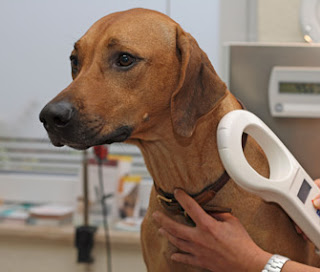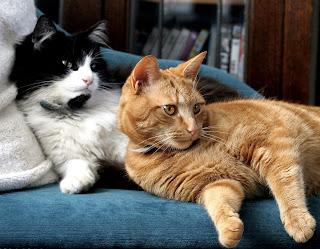It’s a general rule of thumb that if it’s too cold for you to stay outside then your Dachshund should not be outside either. If your Dachshund has access to an outside porch area during the day, you may want to consider keeping it closed off during the colder winter days and nights. If this is not an option, then you may want to consider purchasing a blanket or coat for your Dachshund to wear while outside for long periods of time. Please note that a coat does not make it OK for a dog to stay outside in below freezing temperatures. A coat; however, can help keep snow from accumulating in the fur as well as provide temporary added warmth while outdoors. Ask your vets Virginia Beach, VA for help determining if and when a blanket is necessary for your Dachshund during the winter months.






